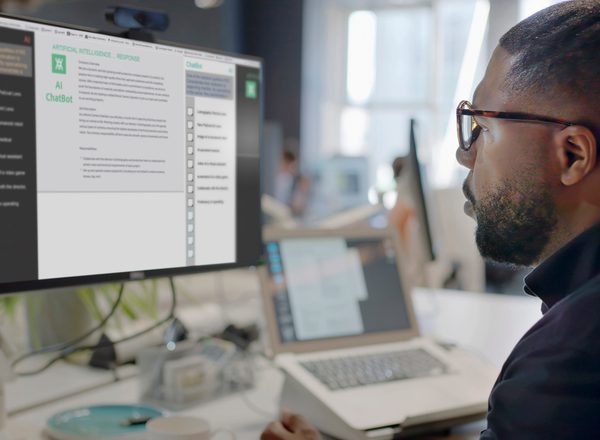
Transformed by AI: How generative artificial intelligence could affect work in the UK – and how to manage it
Article
Technological change is a good thing. It has brought exponential gains to living standards and is the foundation of modern society. Yet unmanaged technological change has always come with risks and disruptions.
With another technological wave driven by generative AI on the horizon, these experiences show that policymakers should explore risks and benefits before deployment becomes widespread.
Generative AI can be economically disruptive through its impact on wage inequality, wealth inequality and potential job displacement. In other words, there will be winners and losers. In this report we examine what policy's role in the future of AI could be.
You might also like ...

Making the most of it: Unitarianism, hyperlocal democratic renewal and community empowerment
Local government reorganisation need not result in a weakening of democracy at the local level.
Transport and growth: Reforming transport investment for place-based growth
The ability to deliver transformative public transport is not constrained by a lack of ideas, public support or local ambition. It is constrained by the way decisions are taken at the national level.
More than a safety net: The welfare state as springboard to economic success and a better country
A perceived conflict between social spending and economic dynamism is deeply embedded in both Scottish and UK political discourse.